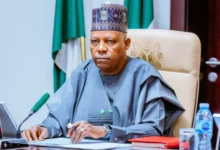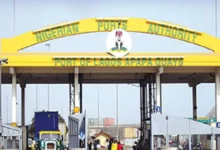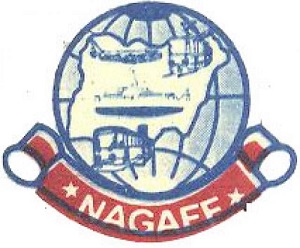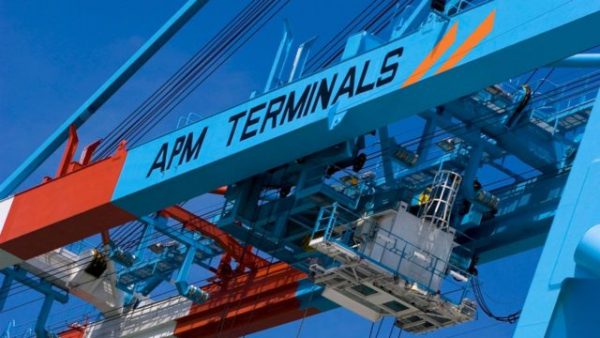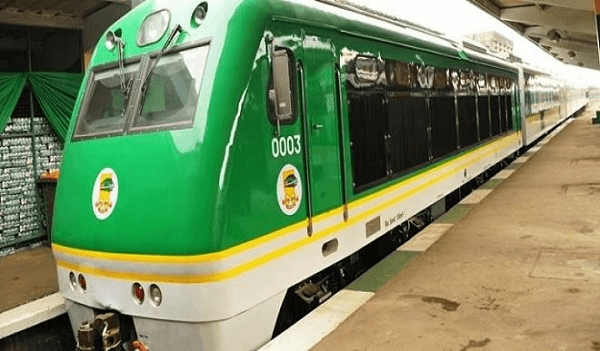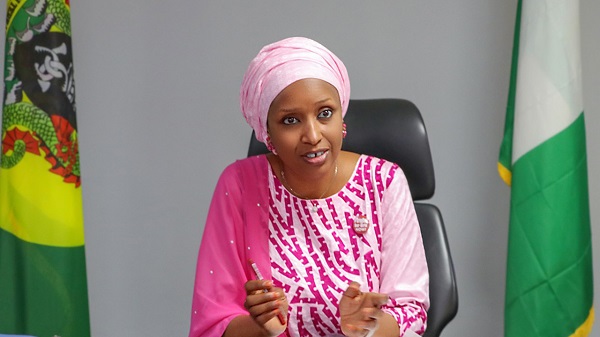Amaechi Woos Investors On ICDs And TTPs

By Kenneth Jukpor & Oyeniyi Iwakun
The Minister of Transportation, Hon. Rotimi Amaechi has assured investors in the Inland Container Depots (ICDs) and Truck Transit Parks (TTPs) that the Federal Government has taken steps to ensure that all risks are mitigated in order to secure investors’ funds.
The Minister revealed that the government had conducted some studies with the results promising comfortable cash-flow for Loan-Life Cover Ratio (LLCR) and Debt Service Cover Ratio (DCSR).
Highlighting this as part of the steps taken by the government to ensure requisite financing structure for these projects by investors, Rotimi Amaechi who was speaking during a breakfast meeting with ICDs and TTPs investors and other port sector stakeholders, also said that the success of ICDs and TTPs in Nigeria would be a major milestone in achieving modern transport systems in the country.
Commending the attendance of the meeting by various Embassies, High Commissions, Multilateral Development Banks (MDBs), Institutional Investors, Governors, etc., Amaechi said; “the presence of this high profile representatives is a testimony of the faith which the investing public have in this project. Our invitation is for investment in understandable, controllable and finite risk projects. The Infrastructure Concession Regulatory Commission (ICRC) and the Nigerian Sovereign Investment Authority share our vision”
Recall that a former Minister of Transportation in the United Kingdom, Mr. Paul Clark had told MMS Plus that the success of ICDs and TTPs in Nigeria would depend on the level of stability provided by the Federal Government and its willingness to share the risks with the private investors.
Clark was speaking during a national conference on Truck Transit Parks in Abuja in July 2017, said “the government and the private investors have to share the risk and embrace the place of learning. People ought to have some sought of safety net so that they don’t lose all their investment”
“If people could have faith in the ICD and TTP products; it would be wise for the state and federal governments to make some provisions for some instability that could occur. The risk has to be shared to enable investors come in. However, it is important to learn lessons from the first PPPs which wouldn’t be perfect but you develop it over time. That was exactly what we did in the UK; there was stability and written assurances to drive investors that when they put their money in, the project would go ahead.” Clark said.
Meanwhile, during the stakeholders’ breakfast meeting in Lagos, the Director General, ICRC, Dr. Chidi Izuwa while speaking exclusively to MMS Plus noted that effective utilization of ICDs is very strategic to the development of the nation’s transport sector and the economy.
According to him, this is one of the easiest ways to expand the capacities of Nigerian ports as it is in other parts of the world.
Dr. Chidi emphasized that most advanced nations of the world had outgrown customs clearance at the ports unlike what is still in place in Nigeria, According to him, the only thing that happens in the advanced economies is vessels handling, and once the vessels land, containers are dropped and moved to the dry ports. He is therefore of the view that the only practical solution to traffic congestion in our ports is functional and effective ICDs.
“Even if we have all the money to build other deep seaports like we are planning, it would take another five years to build because of physical constraints and limitations. With the dry ports, more industries will develop and the roads will be decongested which is how it should be operated. Dubai is an example of how a good transport system should operate. If you look at Dubai, they are just building a new port and a free trade zone around it; they are making it free for everybody, which is why their transport sector is contributing up to 30% to their Gross Domestic Product (GDP). Imagine transport contributing 30% to our GDP that will make a super and mighty Nigeria”, he said.
On the viability of having more deep seaports in Nigeria, Mr. Chidi said “as we grew, our ports became constrained and our cities have met our ports. What happens anywhere in the world is that when the cities meet the ports, you move it somewhere away just like you have in the prisons. The ships we have now are bulk ships and they require about 18 meters, what we have in Lagos ports is about 11 meters so it is even sub-optimal. Larger ships are able to transport things cheaper so there is multiplier effect for everybody. If we have other deep seaports, it means that goods can come in cheap and become beneficial to the consumers. Most importantly, Nigeria can become a point of trans-shipment, ships can come and then the goods go to other countries and we get revenues by providing those deep ports facilities.”
Copyright MMS Plus.
All rights reserved. This material, and other digital content on this website, may not be reproduced, published, broadcast, rewritten or redistributed in whole or in part without prior express written permission from KINGS COMMUNICATIONS LIMITED.





